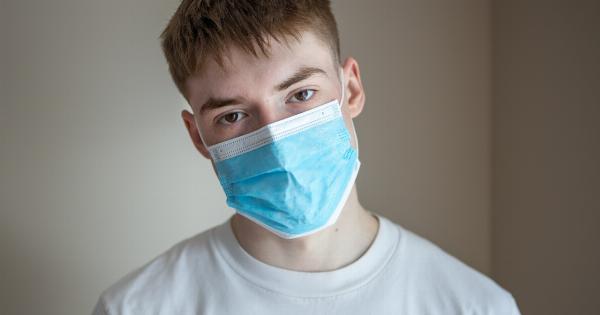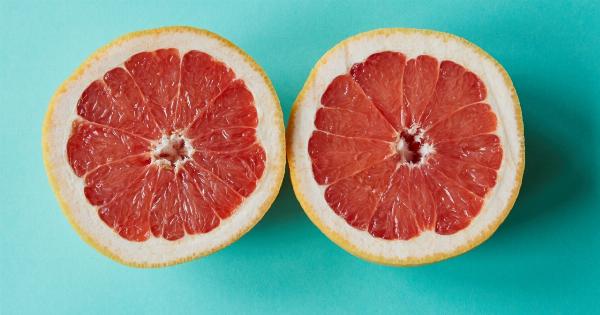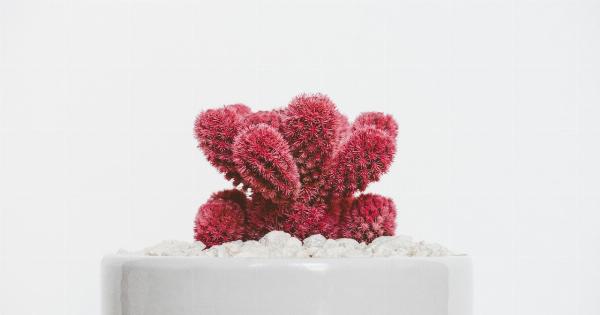Renal stones, also known as kidney stones, are solid deposits of salts and minerals that crystallize in the kidneys or urinary tract.
Small kidney stones usually pass out of the body on their own, but larger stones may cause severe pain and other complications. In this article, we will discuss the causes, symptoms, and techniques for prevention of renal stones.
Causes of Renal Stones
There are several causes of renal stones, including:.
- Dehydration: When there isn’t enough water in the body, the urine becomes concentrated, which can lead to the formation of kidney stones.
- Diet: Certain foods and drinks, such as high-sodium, high-protein, and high-sugar diets, as well as soda, coffee, and alcohol can contribute to the formation of kidney stones.
- Family history: Individuals with a family history of kidney stones are more likely to develop them.
- Medical conditions: Certain medical conditions, such as gout, hyperparathyroidism, and urinary tract infections, can increase the risk of developing kidney stones.
- Medications: Certain medications, such as diuretics and antacids, can contribute to the formation of kidney stones.
Symptoms of Renal Stones
The symptoms of renal stones vary depending on the size and location of the stones. Some common symptoms include:.
- Severe pain in the back, side, or lower abdomen
- Painful urination
- Pink, red, or brown urine
- Nausea and vomiting
- Frequent urination
- Fever and chills (if there is an infection present)
If you experience any of these symptoms, it is important to see a doctor right away for proper diagnosis and treatment.
Techniques for Prevention of Renal Stones
Preventing renal stones is important, as they can cause pain and lead to serious complications. Here are some techniques for prevention of renal stones:.
- Drink plenty of water: Drinking water can help flush out the kidneys and prevent the formation of kidney stones. Aim for at least 8 cups of water per day.
- Eat a healthy diet: Eating a diet that is rich in fruits, vegetables, and whole grains can help prevent the formation of kidney stones. Avoid high-sodium, high-protein, and high-sugar foods and drinks.
- Limit your intake of soda, coffee, and alcohol: These drinks can contribute to the formation of kidney stones. Replace them with water or herbal tea.
- Avoid excess calcium: While calcium is important for bone health, getting too much can lead to the formation of kidney stones. Talk to your doctor about how much calcium you need.
- Get plenty of exercise: Regular exercise can help prevent the formation of kidney stones by improving overall health and keeping the body hydrated.
- Manage medical conditions: If you have a medical condition that increases your risk of developing kidney stones, such as gout or hyperparathyroidism, work with your doctor to manage it effectively.
- Avoid certain medications: If you are at risk for developing kidney stones, avoid taking medications that can contribute to their formation, such as diuretics and antacids.
By following these techniques, you can significantly reduce your risk of developing kidney stones.
Conclusion
Renal stones are a common condition that can cause severe pain and other complications.
By understanding the causes and symptoms of kidney stones, as well as techniques for prevention, you can reduce your risk of developing this condition and improve your overall health and well-being.






























